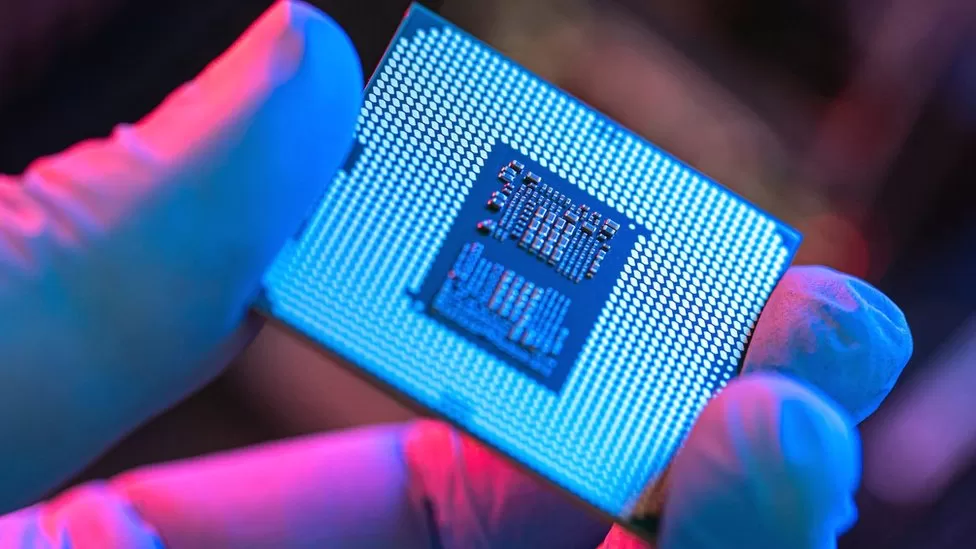China curbs exports of key computer chip materials

It has been announced that certain semiconductor manufacturing equipment will no longer be exported from the Netherlands.
In response to US pressure, Chinese computer chip sales have been curtailed.
However, the government did not cite this as a reason, saying it had taken the step in the interest of national security.
Chip production and supply chains would be impacted by the decision, according to the Chinese government.
According to Mao Ning, China’s foreign ministry spokesperson, the US abuses export controls and uses various pretexts to impose a technological blockade against China.
Currently, the US and China are engaged in an arms race over semiconductor supply, particularly certain supercomputing and AI chips.
By 2030, this $500 billion (£395 billion) chip industry is expected to double, and it is believed that whoever controls the supply chains – the network of companies and countries that make the chips – will become the undisputed world power.
China was threatened with sweeping export restrictions last October, as the US sought to prevent its technology from being used to strengthen Beijing’s military.
For the US restrictions to be effective, other key suppliers, such as the Netherlands, must join in.
According to the Dutch government, exports of “certain advanced semiconductor manufacturing equipment” will need to be authorized from 1 September.
ASML, the nation’s largest and most advanced chip equipment maker, will be particularly affected.
ASML said it would “continue to comply with applicable export regulations, including those of the Netherlands, EU, and US”.
The company said it did not expect the measures to have a “material impact” on its finances.
The US ramps up curbs on Chinese chip sales
Become Europe’s most valuable tech company with ASML
Due to the way certain chips can be used, Minister Schreinemacher said certain advanced military applications can benefit from these chips.
“Uncontrolled export of goods and technologies therefore poses national security risks,” she said. In this regard, the Netherlands bears an extra responsibility because of its unique, leading position in this field. It is country-neutral, as is all export control policy.
